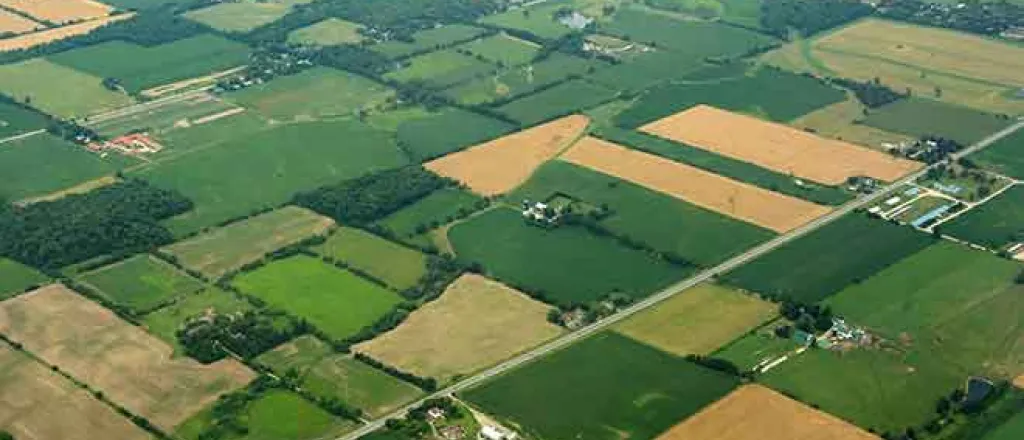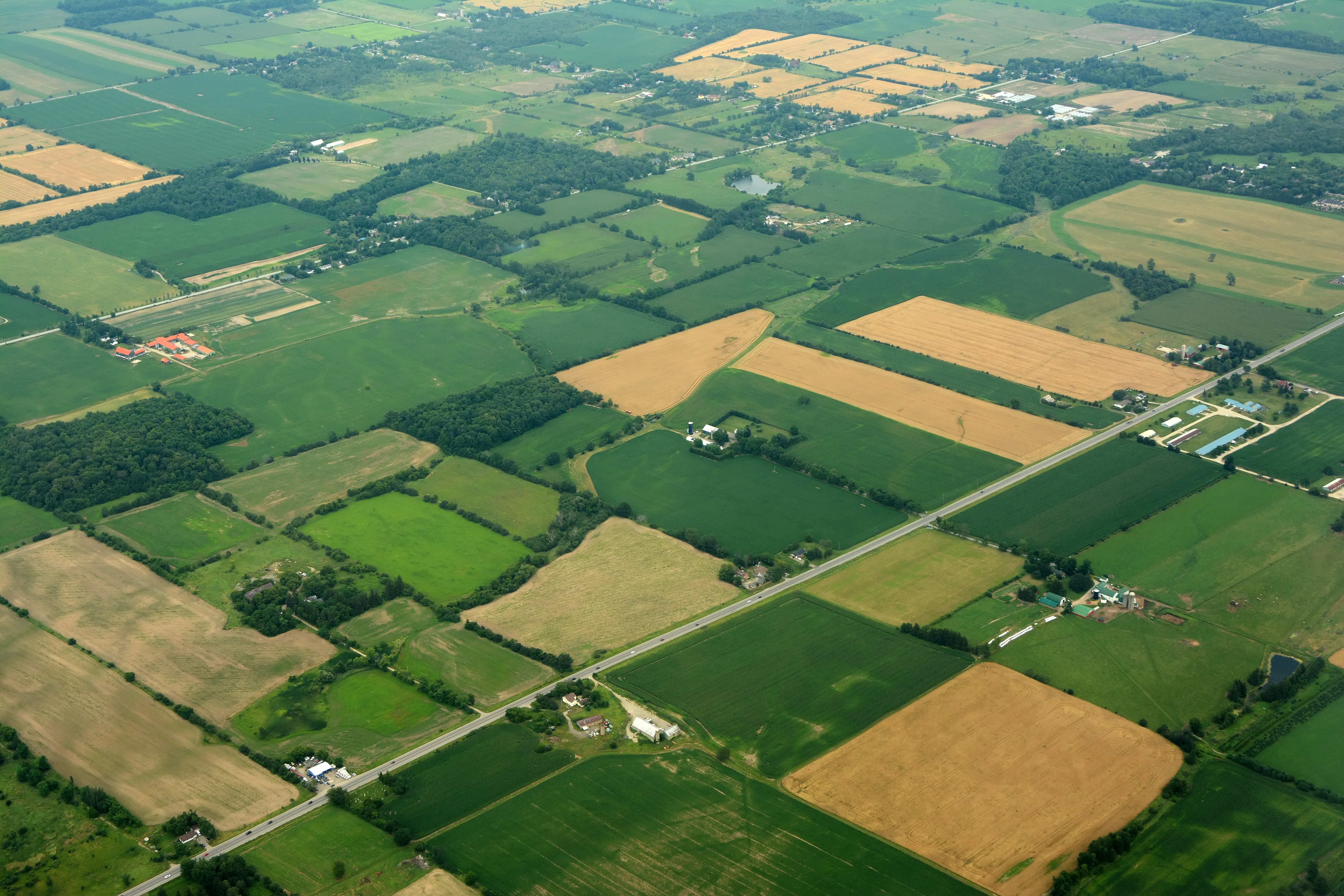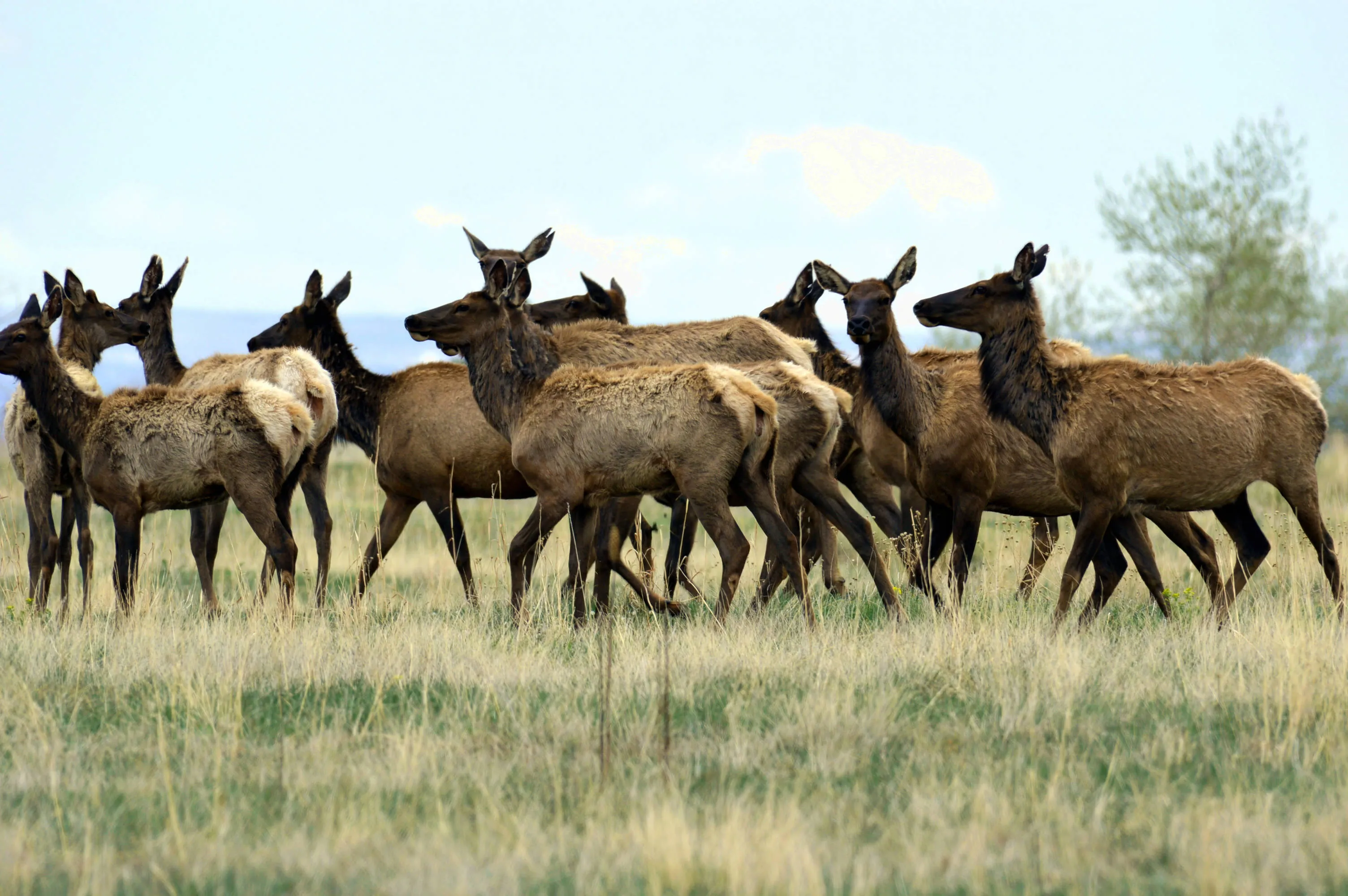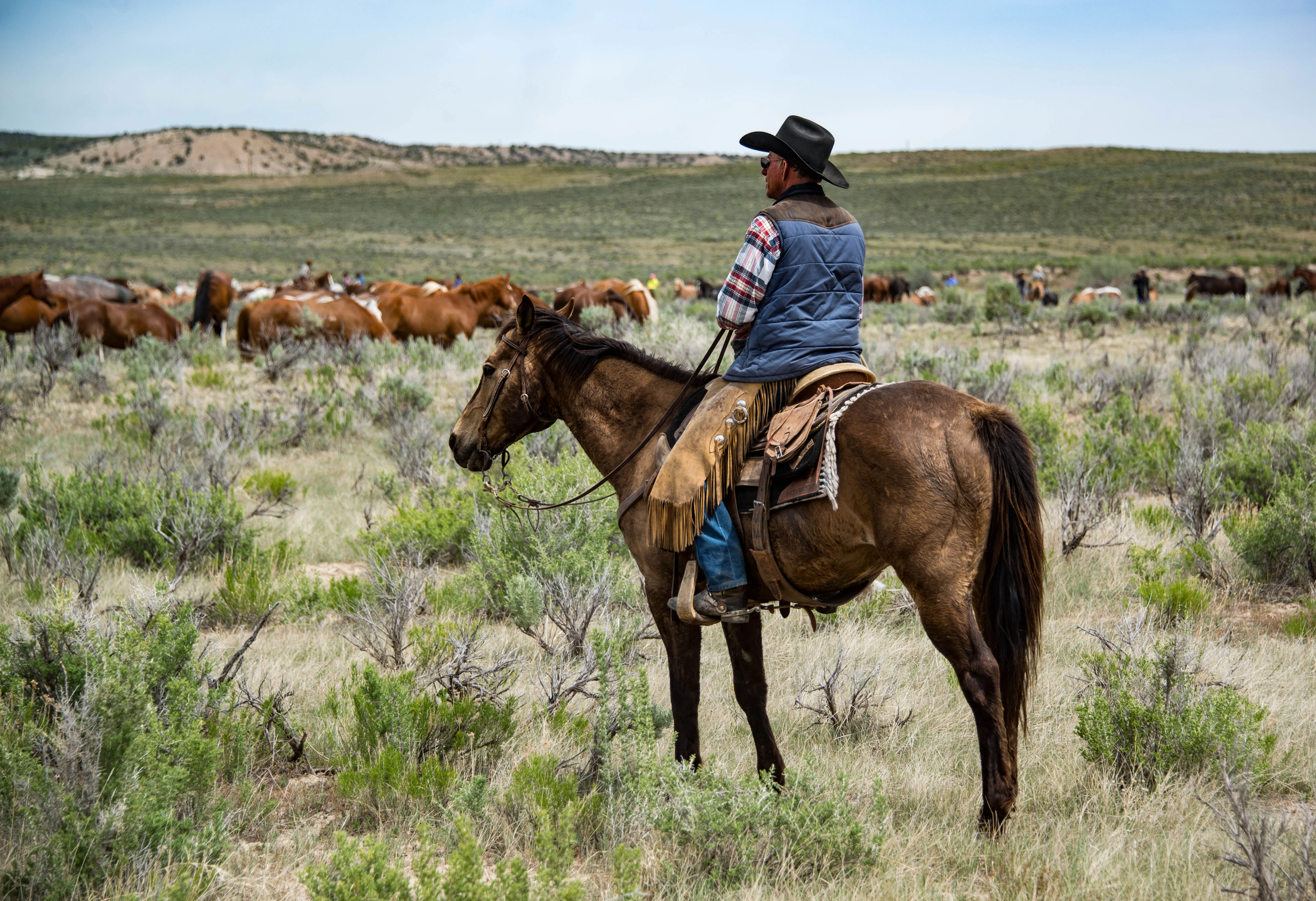
Applications open for high plains soil health demonstration program
Producer applications are currently being accepted to participate in FARMS: Farmers Advancing Regenerative Management Systems, a Soil Health Demo program new to the High Plains region. Through this program, producers are eligible to receive financial, technical, and social support as they work toward improving soil health on their farming operations for the next three years.
Open to producers in Kansas, Nebraska, and eastern Colorado, FARMS is the result of a $1.6 million Conservation Innovation Grant awarded to the Colorado Conservation Tillage Association by the USDA’s Natural Resources Conservation Service. Applications are available online at www.farmsproject.org and are due by March 15.
Producers selected to participate in FARMS will begin by creating Comprehensive Soil Health Management Plans to identify the practices they want to use to better address soil health principles on their cropland. Technical assistants and experienced producers will aid in the development of these plans, which can be adjusted as needed throughout the grant period.
After receiving compensation to create their plans, producers will then collect acre-based payments to implement the practices they have identified. Soil health testing, nutrient density testing, economic analysis, and social evaluation will take place as part of the grant program.
“The ultimate goal of FARMS is to increase adoption of soil health management systems in the High Plains,” said Joni Mitchek, FARMS Project Manager. “First, by helping producers in this program with incentive payments and support, then by using the data from this project to demonstrate the environmental, economic, and social benefits of managing for soil health.”
Joining the Colorado Conservation Tillage Association on this project are Health First, the College of Agricultural Sciences at Colorado State University, the Western Kansas Agricultural Research-Extension Centers, and many supporting individuals and organizations.

















